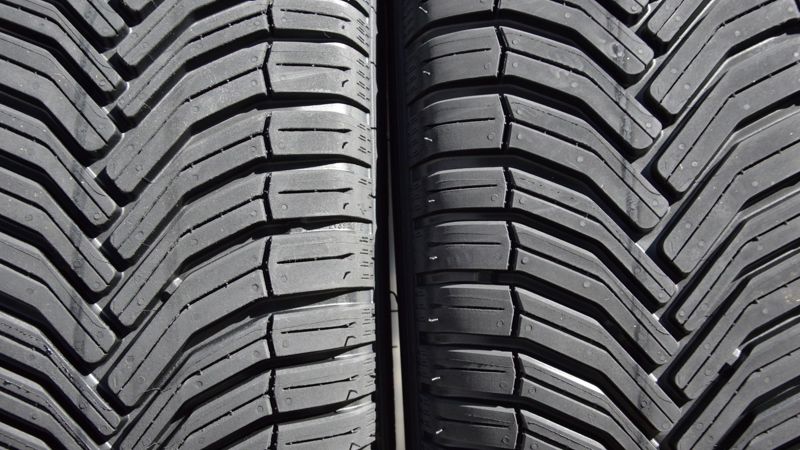
EC proposes stricter emission limits
In the EU, emission standards for new vehicles set limits for the emission of gaseous and particle exhaust pollutants, which are currently determined under “Euro 6” for passenger cars/vans and in “Euro VI” for heavy-duty vehicles.
In November 2022, the European Commission (EC) published a proposal for a new combined “Euro 7” standard which sets stricter emission limits than Euro 6/VI and also addresses non-exhaust particle emissions (from brake wear and tyre abrasion). Currently, Euro 7 is planned to be introduced by July 2025 for cars/vans and by July 2027 for heavy-duty vehicles.
Euro 7 standards lead to additional costs
Compliance with the proposed Euro 7 regulation will require OEMs to instal additional hardware and invest in the development and roll-out of new technologies – which will affect manufacturing costs of new Euro 7 compliant vehicles. In addition, there are indirect costs such as increased fuel consumption which will add to the total costs of ownership for consumers.
Along the Euro 7 proposal the EC published an Impact Assessment (IA) on the implications of Euro 7 that refers to a study of a research consortium. The IA estimates additional direct costs for compliant Euro 7 for vehicles in the order of 180-450 € for passenger cars/vans and 2,800 € for buses/lorries.
Cost estimates from the industry differ substantially
The European Automobile Manufacturers Association (ACEA) has asked Frontier to provide an independent and compliant evaluation of incremental costs per new Euro 7 vehicle based on estimates by industry experts and to compare them with the cost estimates reported in the Euro 7 IA.
The below figure summarises the key findings of our analysis. The average incremental direct costs of Euro 7 vehicles (compared to Euro 6/VI) are largely driven by equipment and investment costs and are about 2,000 € per ICE car/van and 12,000 € per diesel bus/lorry. These estimates are between four to ten times higher than the estimates reported in the Euro 7 IA.
Figure 1: Direct costs of Euro 7, Industry vs EC Impact Assessment estimates

Source: Frontier Economics based on ACEA member data, EC IA tables 21 and 23
Note: Indirect cost estimates reflect an illustrative example of undiscounted cost for additional fuel consumption over the lifetime of a Euro 7 vehicle.
Euro 7 Impact Assessment misses important elements
In addition to direct costs, industry experts report an increase in fuel consumption to achieve the proposed Euro 7 requirements (e.g., additional fuel to warm up the catalyst from cold start) of 3.5 % on average. This leads to material additional indirect costs for consumers and logistic companies.
Based on a rough calculation, this would result in 17,500 € over the mileage of the truck, while it would be around 700 € per passenger car. These indirect costs alone, which are ignored in the IA, easily exceed the total cost considered in the Euro 7 IA.
There are further costs from the proposed Euro 7 standard which are not captured in the IA:
- Tyre emissions – Euro 7 regulation includes tyre abrasion emissions for the first time.
- Limited consumer choice – Consumers of more affordable entry-level cars might face substantially higher prices than today as a result of disproportionate costs increases or even terminated production of certain models in this vehicle segment under Euro 7.
- Higher costs for battery electric vehicles – Industry experts have reported higher manufacturing costs in the order of about 178 €/vehicle for cars/vans and 750 €/vehicle for buses/lorries due to non-exhaust emission limits and battery durability requirements.
An in-depth evaluation of Euro 7 costs is needed
Costs and benefits of the Euro 7 implementation need to be carefully checked against each other before its introduction. It is essential that all relevant costs components are considered and included in this analysis as the implications of Euro 7 are far reaching.For more information, please contact media@frontier-economics.comor call +44 (0) 20 7031 7000.











